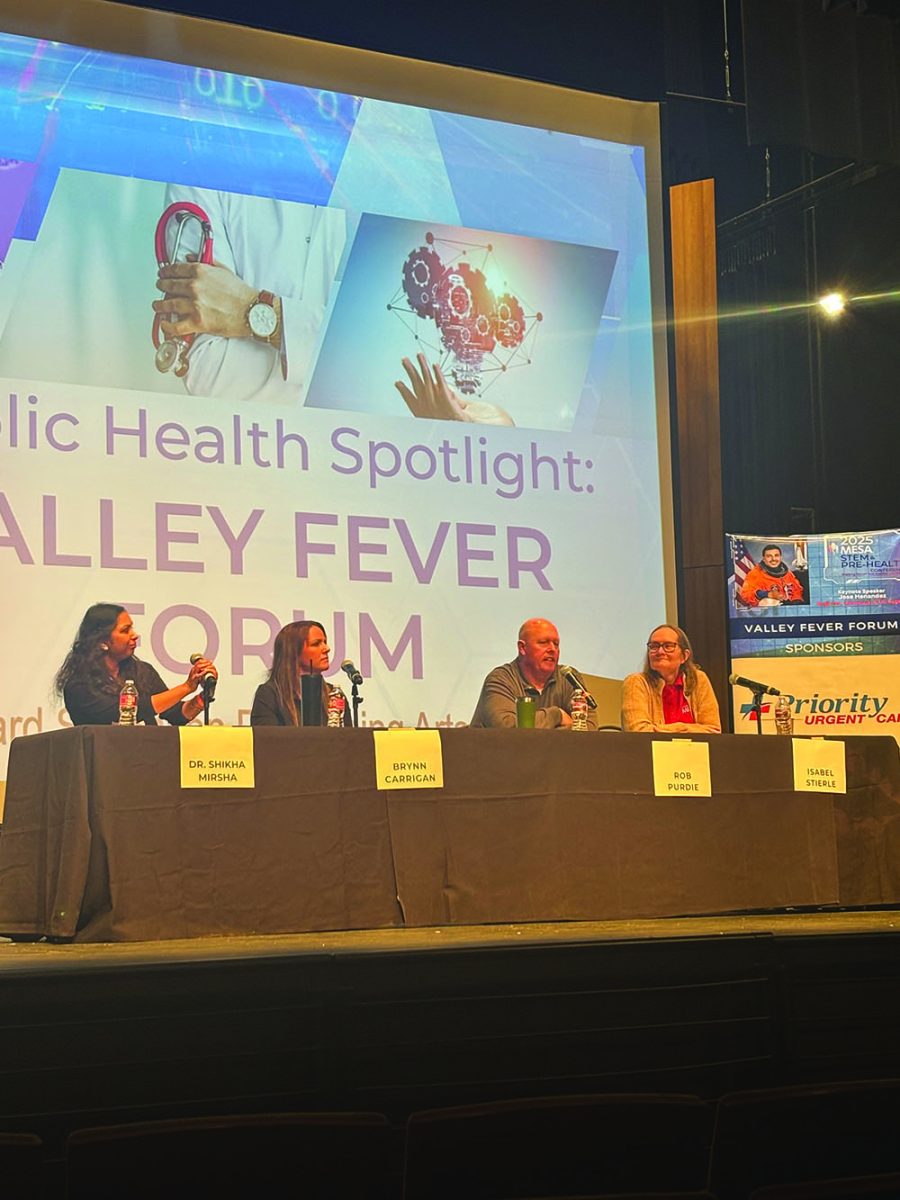Social media’s impact on the coronavirus pandemic
March 27, 2020
Social media accounts sharing reports on the coronavirus has caused many fears and paranoia for people trying to avoid the outbreak.
The media has produced reports and uploaded footage about the coronavirus outbreak in a way that has made viewers more afraid to be outside of their homes.
According to the Fox 17 website, viewers are consuming a lot of information about the coronavirus, which causes them to get anxiety about the outbreak. They explained that the media is spreading false information to the public and advised that people should limit their information intake about the outbreak.
Bakersfield College psychology professor David Rohac shared his opinion about the situation and what social media is capable of doing.
“I think social media is both a positive and a negative for our fear in this situation,” Rohac said. “Social media can also be a breeding ground for the spread of misinformation.”
Rohac shared some reasons for how the information being spread is causing people to fear the outbreak.
“The study of mimetics shows us that ideas can propagate, without regard to their factual content and the Internet provides the substrate over which those ideas can spread,” Rohac said.
The ideas that people are spreading on social media about the outbreak cannot be true because those who are writing about it may not have the correct facts. Viewers who are reading any false information about the outbreak may not be checking the correct sources.
Viewers are not only becoming afraid, but they can also get anxiety from the information they are reading.
According to the Rolling Stones, people with anxiety disorders make up most of the population and they are the ones who are mostly being affected by the news coverage on the virus. People who have anxiety may get worried and think negative thoughts about whether or not they are safe.
Rohac also shared some solutions that people can do to overcome the fear or anxiety they may be feeling about the outbreak.
“Think critically about what you are reading,” Rohac said. “Ask yourself these questions: who is writing it, do they have a reason or motive, and how did they get their information.”
Viewers reading any news coverage about the virus can check to see which sources are true and which sources are false. Reading sources carefully can be a new way for them to find better sources.
“Knowledge doesn’t necessarily reduce fear, but it can encourage better decisions,” Rohac said.





